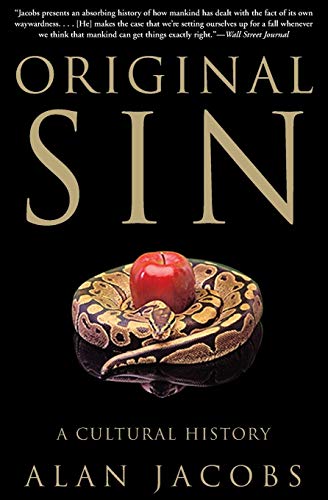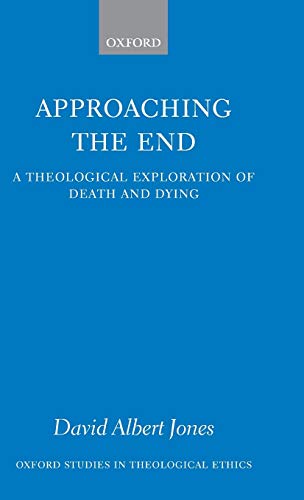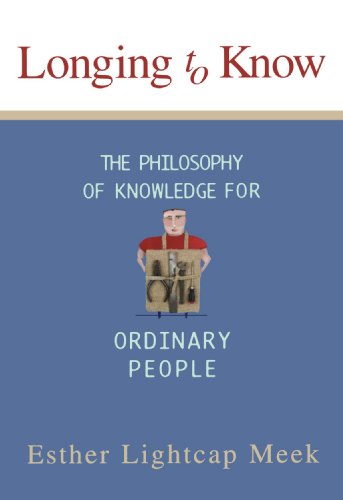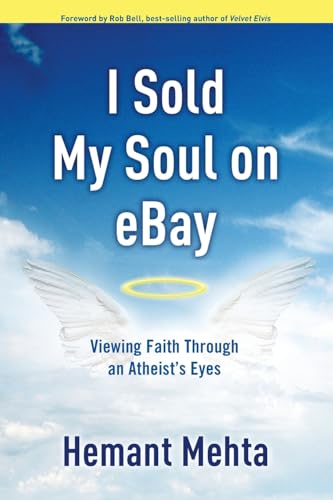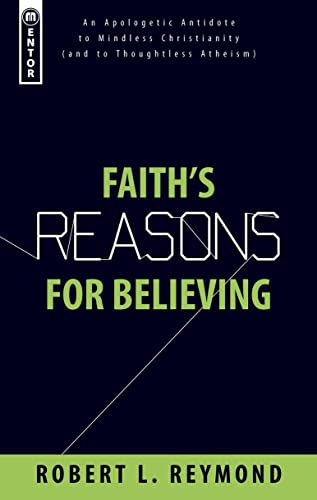Original Sin: A Cultural History
Written by Alan Jacobs Reviewed By William EdgarHow can we explain the great cruelty of humanity? Parents know that however lovely their children may be, one inclination does not have to be taught them: wrongdoing. Whether it be the great evils of our history, from the Gulag to the Holocaust, the killing fields, the monstrous tyrants, or the more ordinary, but yet hurtful kinds of hatred between neighbors and relatives, sin is an all-but-undeniable-reality. How did it happen? Or, put the question more the way Alan Jacobs does in his wonderful book: First, why is it that every time we feel a vision for the moral greatness of humanity, we are soon confronted with equally powerful evidence for its depravity? Second, is there any way to return to a state of innocence without reckoning with inherent, universal sin?
Many treatises have been written on original sin. Most systematic theologies devote an important section to the topic. Inevitably they wrestle with passages such as Genesis 3 or Romans 5, and interact with theologians who have defined the territory, including Augustine, Calvin, Edwards and Bavinck, and, more recently, Reinhold Niebuhr, John Murray and Henri Blocher. Alan Jacobs comes at the subject in a fresh way, one that to my mind is more likely to persuade a contemporary audience than even the meticulous work of fine professional theologians. To be fair, Jacobs is thoroughly familiar with the great theologians, and he interacts carefully with several, including Augustine, Pascal, Whitefield, and Edwards.
But it is clear that his first love is literature. Even when he discusses, say, Augustine or Whitefield, he is fascinated by their biography and by the discussions they held with interlocutors, such as Pelagius or Benjamin Franklin. And when he goes directly to Scripture, the ultimate authority for him, he does so with the eye of a littérateur, finding patterns and complexities through the stories that are told there.
Clearly, stories are at the heart of Jacobs’ approach. Not the relativist escape from truth that plagues some lovers of the story. But the use of story to compel us into the way things are, across the wide field of human experience. Indeed, the first chapter contains six tales, very different, yet linked, which introduce us powerfully to the dilemma the book is written to explore: how can there be such evil, when our very sensing of it tells us there is something else, our nobility, even our hope? As soon as you come to these accounts, you are hooked, at least I was, so well are they rendered. First, the tale of the curse of Ajax on the Locrians. Next, the crime of the Titans, especially as discussed by Plato. Third, a very poignant retelling of the story of David and Bathsheba. Fourth, the rise of Confucianist thought, and its attenuation by Mencius and then Xún Zì. Fifth, the fascinating tale of purchasing a Nigerian wood carving of a Crucifixion with Mary depicted as a Yoruban woman beating yams (which struck his students as comical because in African myth the pounding of yams created such a noise that the Creator-god withdrew from his world!). And finally the story of the Urapmin from New Guinea, who discovered that their conversion to Christ did not rid them of their sinfulness.
The chapters that follow introduce us to a cataract of personages and events, generally following a chronological thread, but lively, insightful, always feeling the pull from both sides, our nobility and our corruption. We meet the young Augustine, not so much driven by lust in the usual acceptation, but perplexed by his helplessness to overcome his proclivities. We discover Milton’s view of paradise, Odilo of Cluny’s discipline of prayer, Rabbi Morteira’s puzzlement at Spinoza’s optimism, and many, many others, right into modern times. Jacobs pauses extra long over William Shakespeare, Blaise Pascal, John Bunyan, and Jonathan Edwards. He also deftly brings us into the contemporary era where Jean-Jacques Rousseau set the stage, and then the optimists, such as Agassiz and various evolutionists. He carefully pits them against the realists, Dostoyevsky, Solzhenitsyn, Edmund Burk, and the like. And the walk-on parts are a treat: Robert Owens, C. S. Lewis (who is often cited), Franz Kafka, and Muddy Waters!
This book is a feast. Well, a very sober feast, since the subject it treats is a dark one. Ultimately, it is a defense of the Augustinian view. One of Jacobs’ gifts is to convert his great learning into unpretentious prose. We never sense he is coercing us into his point of view, nor standing on high moral ground. Yet, the persuasion of the whole is greater than the sum of the parts. He goes for a long time without telling you in so many words what he is arguing. And then he pauses to do so. For example, p. 200, in the midst of a discussion of racism, he asserts that, “a belief in original sin serves as a kind of binding agent, a mark of the ‘confraternity of the human type’ …” without such a doctrine we can never really explain how we can be such divided selves, and then, ultimately, how reparations can be effected.
I have very few quarrels with this marvelous book. I suppose each reader will have wished for a stronger emphasis here, less there. Perhaps walk-ons for Flannery O’Connor? Miroslav Volf? Of course, one virtue of the book is the choice not to include everybody! One area for further consideration: Jacobs quickly runs past the Protestant Reformation to the post-sixteenth century discussions on both sides of Christendom’s Western divide. He states that the Reformation brought little new thought of any substance to the table (p. 106). I am not sure about this. Calvin may appear simply to reiterate Augustine, but in fact he goes much further. His teachings on the sinfulness of sin reveals an unprecedented sensibility of the horror of not conforming one’s whole life to the glory of God. His understanding of concupiscence, for example, is far more comprehensive than that of any of his predecessors. I guess you would expect such a suggestion from this Huguenot descendant.
I plan to read this book several more times. The witty skeptic Alan Wolfe endorses the book this way: “I do not believe in original sin. I do believe in Alan Jacobs.” Well, this reviewer believes in both!
William Edgar
William Edgar is Department Coordinator and Professor of Apologetics at Westminster Theological Seminary in Philadelphia, Pennsylvania.
Other Articles in this Issue
Though his primary concern was how to persuade people from diverse backgrounds to embrace the gospel of Jesus Christ (1 Cor 9:12, 23), Paul, nonetheless, embodies a principle common to all who would provide leadership to a community comprised of a multiplicitous collection of rigid truth claims and behaviors...
The Ethnic Enemy—No Greek or Jew . . . Barbarian, Scythian: The Gospel and Ethnic Difference
by Keith FerdinandoWhatever 'globalisation' may be, it has been accompanied by insistent and sometimes violent affirmations of ethnic identity...
Despite a small flurry of attention over the past decade, Adolf Schlatter (1852–1938), Tübingen professor of New Testament and author of more than 440 written works, remains one of the most neglected yet illuminating theological voices of the past one hundred years...
Commentators have customarily interpreted Phil 2:12 as a reference to "working out" one's personal salvation...
Salvation History, Chronology, and Crisis:1 A Problem with Inclusivist Theology of Religions, Part 1
by Adam SparksA fundamental requirement in an inclusivist understanding of the relationship between Christianity and other religions is evidence of God's salvific activity outside of any knowledge of Christ...


